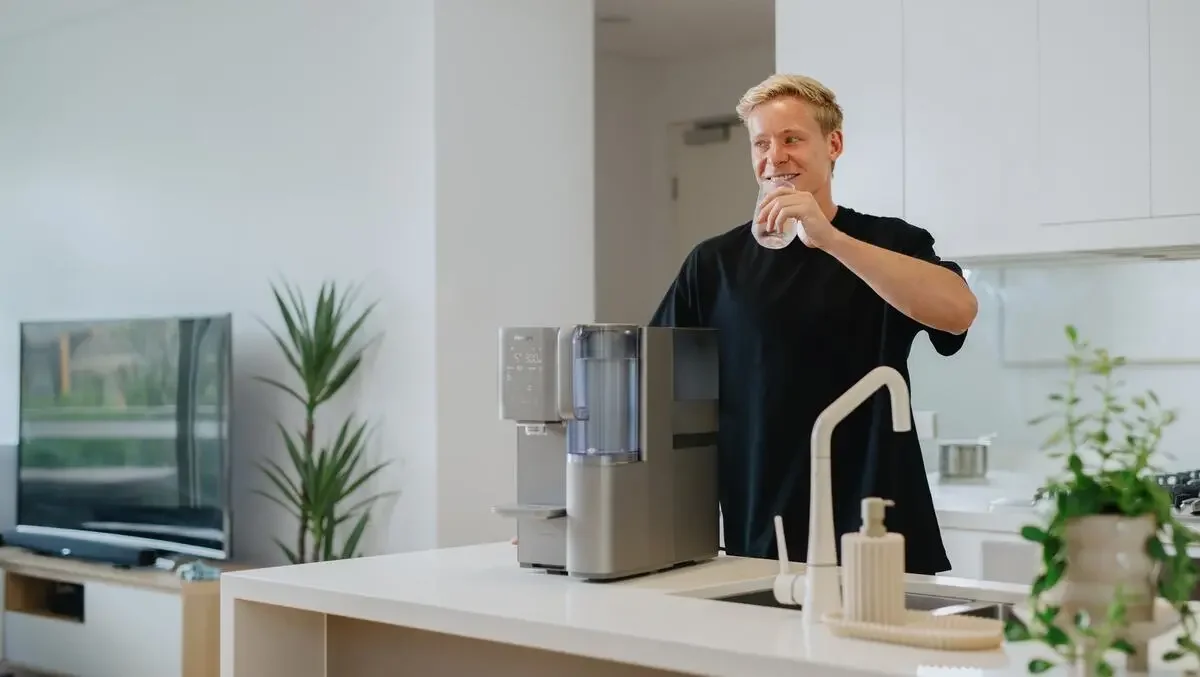By Alexia Hope
Ensuring safe and clean drinking water in your household is essential for health and well-being. Benchtop water filters have become a popular choice for many households in Australia due to their convenience, efficiency, and affordability. However, before purchasing a benchtop water filter, there are several factors to consider. This guide will provide insights into what you should know before making your purchase decision.
Understanding Benchtop Water Filters
Benchtop water filters are compact filtration systems that can be easily placed on top of a kitchen counter. They are designed to remove contaminants and impurities from tap water, providing clean and fresh-tasting water. These units are particularly beneficial for those living in rental properties or for individuals who prefer a non-permanent water filtration solution.
The quality of tap water can vary greatly depending on your location, and even safe-to-drink tap water may contain impurities that affect its taste and smell. With a benchtop water filter, you can enhance the quality of your drinking water without the need for complex installations or permanent modifications to your plumbing.
Key Features to Consider
When exploring options for benchtop water filters in Australia, consider the size and capacity of the unit. It is important to choose a filter that can accommodate the water consumption needs of your household. Additionally, the efficiency of the filter in removing various types of contaminants should be a priority. Look for models that have been independently tested and certified to remove a broad range of contaminants.
Another aspect to consider is the maintenance requirements of the filter. How often will the filter cartridges need to be replaced, and what is the cost associated with their replacement? Selecting a benchtop water filter with minimal maintenance can reduce long-term costs and ensure the quality of your drinking water is consistently high.
Types of Filtration Technology
Benchtop water filters employ various types of filtration technology. Some use activated carbon to absorb contaminants, while others may use ceramic, reverse osmosis, or ultraviolet light. Each technology has its own strengths and is effective against specific contaminants. It鈥檚 important to understand which impurities are present in your water supply to choose the most appropriate filtration technology for your needs.
For instance, activated carbon filters are highly effective at removing chlorine and organic compounds, whereas reverse osmosis systems are effective against a wider range of minerals and chemical contaminants. Ensure that the benchtop water filter you are considering uses a filtration method suitable for treating the specific impurities found in your tap water.
Brand Reputation and Customer Support
The brand reputation and customer support offered by the manufacturer can greatly influence your overall satisfaction with a benchtop water filter. Companies like Pure Water Systems are known for their commitment to quality and customer service. Researching the company鈥檚 history, reviews, and warranty policies will help you make an informed decision.
Good customer support can be beneficial particularly when dealing with installation queries, maintenance concerns, and in the unlikely event of product faults. A reputable brand will provide clear guidance and support throughout the lifespan of your benchtop water filter.
Cost Considerations
While the initial cost of a benchtop water filter is an important consideration, you should also take into account the long-term expenses. This includes the cost of replacement cartridges and any additional parts that might be needed over time. Compare the ongoing costs of various filters to ensure you are not just selecting an affordable unit but also one that remains economical to maintain.
Investing in a high-quality benchtop water filter can result in cost savings in the long term, as it can reduce the need to purchase bottled water and can prolong the life of household appliances by providing them with cleaner water.
Environmental Impact
Purchasing a benchtop water filter is not only beneficial for your health but it can also be a positive choice for the environment. Reducing reliance on bottled water decreases plastic waste and the carbon footprint associated with its production and transportation. It鈥檚 essential to choose a benchtop water filter that uses eco-friendly materials and offers recycling options for used cartridges.
When done responsibly, choosing a benchtop water filter can contribute to a more sustainable lifestyle, cutting down on unnecessary waste and protecting natural resources.
In summary, when considering a purchase of a benchtop water filter, evaluate the size and capacity, filtration technology, brand reputation, cost considerations, and environmental impact. By carefully weighing these factors, you can select a benchtop water filter that not only ensures the quality of your drinking water but also aligns with your household needs and values. A well-informed purchase decision can lead to a convenient and health-conscious addition to your kitchen.
With the rise in health awareness and the need for accessible clean water solutions, benchtop water filters have become an indispensable tool for many Australian homes. Ensuring you are equipped with the knowledge to choose the right filter will provide peace of mind and contribute to the overall well-being of you and your loved ones.
